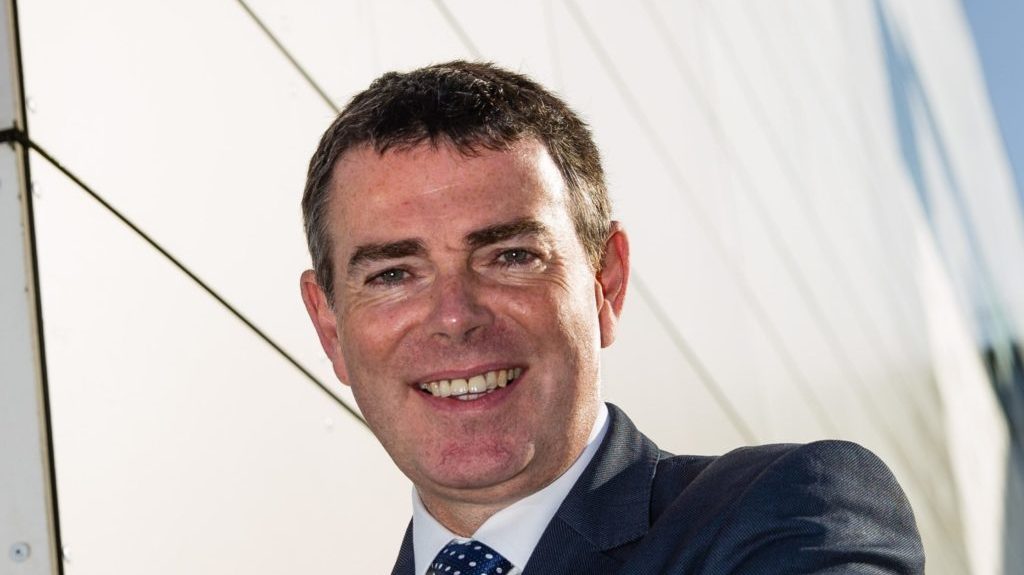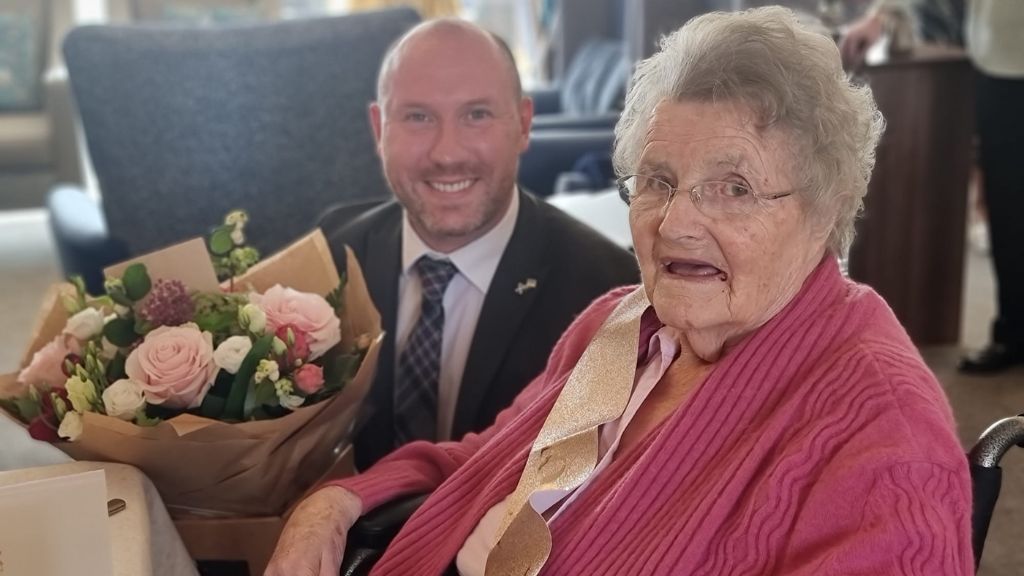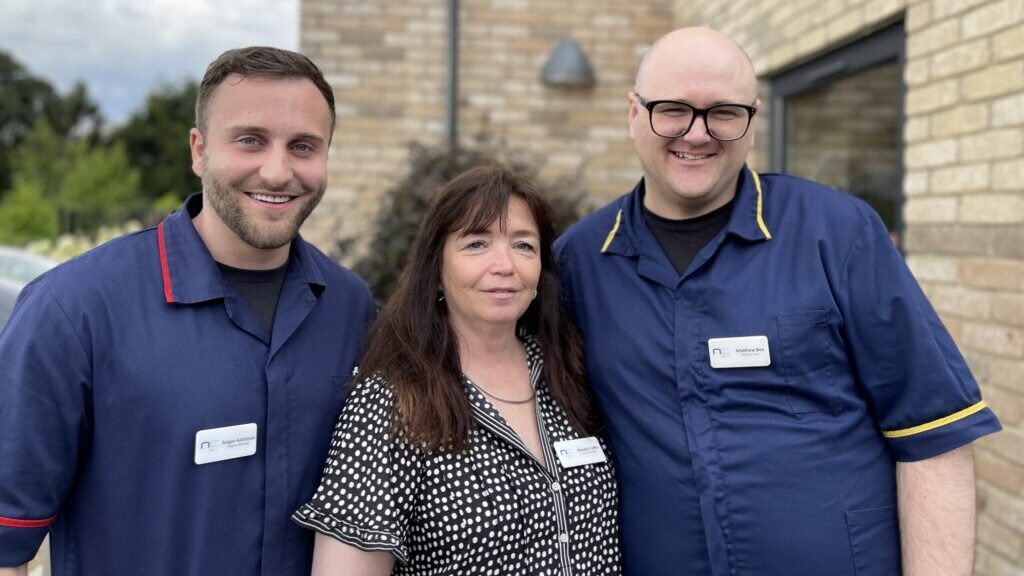Health and social care system ‘gridlocked’ due to staffing crisis, says CQC

The health and social care system is being “gridlocked” by the current workforce crisis, a major new report has revealed.
Launching its annual State of Care report today, the CQC said the health and care system was unable to operate effectively with half a million people awaiting care assessments and hospitals unable to discharge patients to care homes which have closed their doors due to staffing shortages.
The CQC said there were a combined 300,000 vacancies in health and social care with over half of these (165,000) coming in the latter.
Only two in five people are able to leave hospital when they are free to do so adding to pressure on overstretched NHS services, the regulator said.
Ian Trenholm, chief executive of CQC, said: “The health and care system is gridlocked and unable to operate effectively. This means that people are stuck – stuck in hospital because there isn’t the social care support in place for them to leave, stuck in emergency departments waiting for a hospital bed to get the treatment they need, and stuck waiting for ambulances that don’t arrive because those same ambulances are stuck outside hospitals waiting to transfer patients.”
Kate Terroni, chief inspector of adult social care, integrated care and interim chief operating officer, said: “The money announced by government to help speed up the discharge of people from hospital when they are medically fit to leave, as well as to retain and recruit more care workers is welcome – but there needs to be more focus on long-term planning and investment rather than short-term sticking plasters. With 165,000 vacancies in adult social care, there needs to be a real step change in thinking about how to attract and retain staff, with better pay, rewards and training linked to career progression. If this doesn’t happen, people will be at increased risk of harm.”
Responding to the report, Tony Stein, chief executive of Healthcare Management Solutions which operates more than 70 care homes said: “Long-term staff planning has been discussed at length for many years and today’s catastrophic staff shortage is testament to how ineffective that planning has been. We have an immediate and urgent need to improve funding in social care to allow operators to pay a wage that reflects the responsibility and importance of caring as a vocation.
“We must not however shy away from finding the right long-term solution which will include pay, funding for training, workforce recognition, and portability of qualifications and training. A central carer register linked to a qualifications database is the crucial first step.
“I previously wrote to the government highlighting the staffing crisis in the social care sector, which is a key driver of bed blocking across the health and social care system.
“Not since the end of the Second World War has there been such a need for urgent, radical reform to social care; we need to recruit from overseas in the short term, and, in the long term, develop our own pipeline of homegrown nurses and carers by making training affordable and accessible.
“A properly staffed social care system could help alleviate pressure on the NHS by freeing up beds, thus reducing bed blocking; a major cause of extending waiting times.
“The gap between the people able and willing to work in the UK and the number of job vacancies is simply too large. We just do not have the people willing or qualified to work in care homes.
“We have found hiring from abroad is prohibitively expensive with our last calculation of cost for recruiting from overseas running to thousands of pounds per person dependent upon salary and with no guarantee of them staying once here.
“The overseas recruitment system needs urgent review to make it cost-effective and streamlined so it is easier to bring in carers and qualified nurses.
“We desperately need to develop a pipeline of homegrown nurses. We need to alleviate the financial burden on student nurses and fund training to make it financially attractive to those seeking a career in nursing. It will take a few years for them to qualify, but we can be sure that an investment now will pay dividends in the medium to long term.”
Dr Rhidian Hughes, chief executive at the Voluntary Organisations Disability Group added: “We stand for a society where disabled people flourish and draw on care and support to enable independent and fulfilling lives. There is no question that this country faces some substantial challenges. Resolving the health and social care gridlock described by the regulator must be firmly front and centre in government’s response.
“Social care is in a fragile and unsustainable position. Every day, charities make harsh decisions about the services they are able to offer to disabled people, whether the costs of services can be covered by commissioners and if they have the workforce available to meet people’s needs.
“Government has the power to repair the gridlock reported by CQC, but political distractions and turbulence risk setting us off course. Government should provide £500 million in financial support to enable social care services to overcome the difficult winter ahead. With a shared social care vision for the future, adequate funding and better pay and security for the workforce we can enable millions of disabled people to live independent and fulfilling lives.”
Dr Charles Armitage, founder and chief executive of Florence, a tech platform connecting NHS and social care workers with available shifts, commented: “Social care is on the brink of collapse and is not equipped to deal with the challenges it faces. This shockingly high backlog exists because we simply don’t have the front line staff in place to deal with growing demands.
“Current staffing levels are significantly impacting quality of care. This report highlights the reality of health and social care in England. People are simply not able to access the care they need or deserve. This combined with a high vacancy rate is leading to unprecedented pressure on healthcare services.
“Post-Covid health and care workers are burnt out and many are choosing to change careers. They aren’t getting paid enough, especially when compared to competing sectors and rapidly rising inflation. For care workers, in particular, there is significant underinvestment in training and little financial incentive for people to stay. When I was a doctor, I saw first-hand the number of people lying in beds waiting to be discharged and it’s only getting worse.
“Nine in ten – 89% – NHS and health and social care workers already state that quality of care is being impacted by chronic staff shortages, and over a quarter – 27% – are calling for the whole system to be overhauled.
“The NHS and social care workforce is completely falling to pieces. The front line staff kept the social care system together during the pandemic and were promised it would get easier, but over the last six to eight weeks, managers have been trying to fill more and more shifts.
“This report highlights that the health and social care sector is at a crisis point and we need the government to do something about it. It takes years to effectively train doctors and nurses and we need to look beyond a single government. As this report shows there are 165,000 vacancies in adult social care alone, we need action to fix this. The government needs to look at a long-term strategy and predict the trajectory for decades to come. As an immediate measure we at least need a pay rise that reflects soaring inflation to prevent people leaving.”



